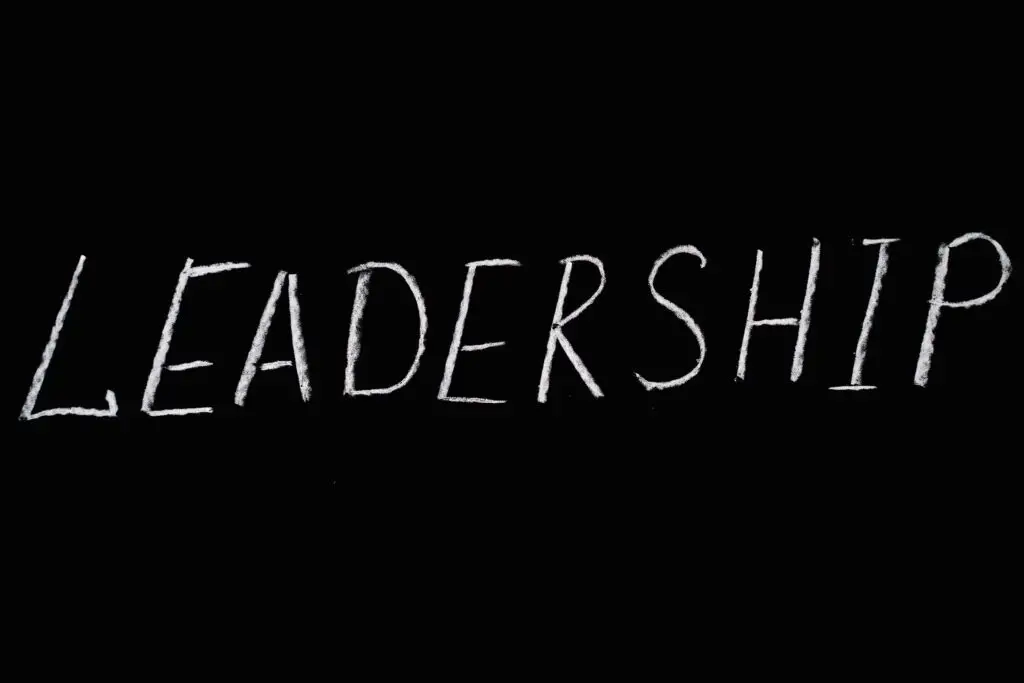The Crippling Influence of Ego
In the annals of history, one recurring motif staining the canvas of leadership has been the overwhelming presence of unchecked egos. From the pharaohs of ancient Egypt to the modern-day corporate titans, the intoxicating allure of power often eclipses the clarity of judgment. Egocentric leaders, enamored by their authority, lose sight of the collective good. This perilous spiral can be traced across civilizations—a testament to the pervasive nature of this flaw. Take, for instance, the Roman Emperor Nero, whose self-indulgent pursuits led to his neglect of governance, plunging the empire into chaos and disarray. Closer to home, the catastrophic downfall of Enron—a corporate juggernaut—stands as a contemporary testament to the hazards of leadership steeped in unchecked ego. The unchecked pursuit of personal gain over organizational welfare is a cautionary tale echoing through the corridors of history.

Ignorance Breeds Catastrophe
A stark reality emerges from the tapestry of leadership mishaps: ignorance, whether deliberate or inadvertent, spells doom. The pitfalls of leadership ignorance are etched vividly in the annals of war, politics, and corporate domains. The catastrophic reign of King Louis XVI of France symbolizes this peril. His disconnect from the pulse of his people and indifference to their plight ignited the flames of revolution. The fall of Lehman Brothers, a financial giant, mirrors a similar narrative—a leadership blind to the impending financial storm. This historical myopia, stemming from a lack of insight or an intentional disregard for crucial information, underscores the perilous consequences of leadership marred by ignorance.
Hubris:
The Achilles Heel of Leaders
Hubris, a subtle yet potent poison, has been a recurring motif woven into the fabric of leadership down the corridors of time. The hubristic leaders, intoxicated by their perceived invincibility, disregard warnings and counsel, blindly navigating towards their downfall. The tale of Icarus serves as a timeless metaphor—Daedalus’s warning fell on deaf ears as Icarus soared too close to the sun, resulting in his tragic demise. History mirrors this hubris in figures like Napoleon Bonaparte, whose overreaching ambitions led to his eventual defeat and downfall. Similarly, the harrowing saga of the Titanic serves as a modern parable—a symbol of human arrogance and the perils of unchecked pride, sinking beneath the weight of its own hubris.
The Perils of Ethical Erosion
Ethical erosion within leadership echelons has reverberated through time, leaving a trail of shattered institutions and tarnished legacies. The once-great city-state of Athens, a cradle of democracy, succumbed to this erosion. The unchecked greed and moral decay of its leaders culminated in the downfall of a flourishing civilization. Similarly, the notorious saga of the Enron scandal serves as a grim reminder—a testament to how ethical bankruptcy at the highest echelons of leadership can bring down empires, be they corporate or societal. The erosion of ethical foundations within leadership breeds mistrust, sows discord, and ultimately leads to the disintegration of once-mighty institutions.
Visionary Stagnation:
The Silent Killer
The stagnation of visionary pursuits has been the silent harbinger of downfall for many a leader throughout history. Visionary leaders paint the canvas of progress with bold strokes, charting new paths and inspiring generations. However, when leaders become complacent, resting on past laurels, they invite stagnation and eventual decay. The demise of Kodak—a titan in the world of photography—serves as a haunting testament. Despite pioneering digital imaging technology, their failure to adapt and innovate led to their downfall. Similarly, historical figures like King Charles I of England, entrapped in the rigidity of their vision, failed to evolve, ultimately facing dire consequences.